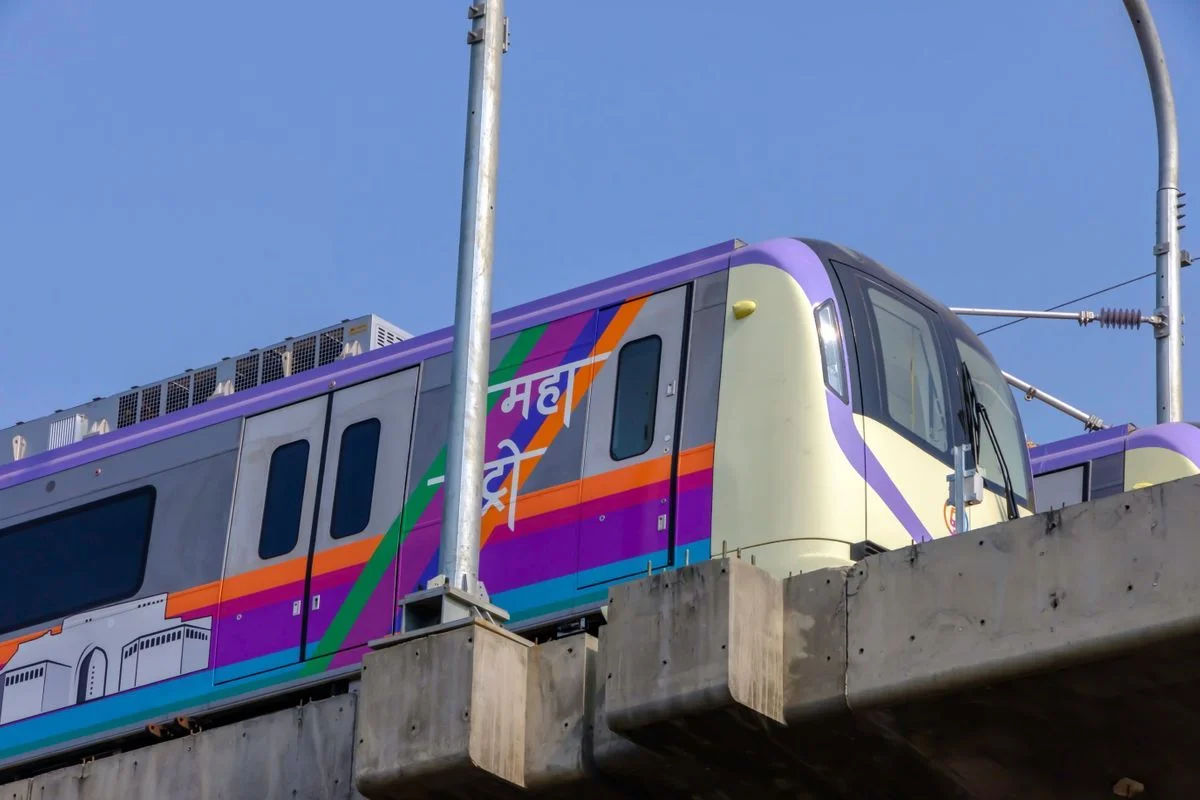Pune, a burgeoning urban centre, is poised for a significant leap in its public transportation infrastructure with ambitious plans unveiled by Maha-Metro to extend its metro services to critical areas, including Lohgaon Airport and the rapidly expanding southern suburbs of Kondhwa, Undri, NIBM, and Yewalewadi.
This strategic expansion is a pivotal move to alleviate persistent traffic congestion and foster a truly zero net carbon, eco-friendly, and sustainable urban environment. The initiative underscores a commitment to equitable and gender-neutral access to efficient public transport, directly enhancing the quality of life for a broad spectrum of citizens and bolstering Pune’s trajectory towards becoming a smarter, greener city. The proposed expansion outlines a crucial 3-kilometre extension from the existing Ramwadi station directly to Lohgaon Airport. This dedicated spur aims to provide air travellers with seamless, time-efficient, and sustainable public transport access, significantly reducing reliance on private vehicles and mitigating associated carbon emissions. Complementing this, a more extensive 20-kilometre corridor from the Civil Court interchange to Yewalewadi is currently under consideration, with additional spurs designed to serve NIBM and other burgeoning residential zones in the city’s southern reaches. These extensions are designed to bring high-capacity, low-carbon transit solutions to areas experiencing rapid population growth, where robust public transport infrastructure is critically needed.
To initiate these vital projects, Maha-Metro has proactively invited consultancy agencies to prepare two fundamental documents: an Alternative Analysis Report (AAR) and a Detailed Project Report (DPR). The AAR will undertake a comprehensive evaluation of various viable transit solutions, including metro rail and Bus Rapid Transit System (BRTS). This rigorous analysis will consider a multitude of factors, such as environmental impact assessments, projected ridership demand, cost-efficiency metrics, and the seamless integration with Pune’s existing public transport network. This meticulous planning phase is crucial to ensure that the chosen solutions are not only economically sound but also align with the city’s long-term environmental objectives. Following the thorough evaluation presented in the AAR, the DPR will provide a granular blueprint for the selected corridors, detailing technical specifications, precise projected costs, and realistic implementation timelines. These detailed studies will also be instrumental in determining the execution strategy: whether Maha-Metro will independently develop and construct these extensions or integrate them into the ongoing Line 3 project, currently under development by the Tata-Siemens consortium. This flexibility in execution pathways highlights a pragmatic approach to project delivery, aiming for efficiency and optimal resource allocation.
Upon their successful completion and integration, the extended metro network is anticipated to serve as an indispensable lifeline for daily commuters, bolstering regional connectivity across Pune and its peripheral areas. This enhanced public transport backbone will play a transformative role in supporting Pune’s long-term transit-oriented development goals. By encouraging a modal shift from private vehicles to efficient, electrified public transport, the city is actively working towards reducing its overall carbon footprint, improving air quality, and creating more livable, less congested urban spaces. This strategic push for sustainable mobility contributes directly to building a healthier and more equitable urban environment for all. The focus on expanding the metro to residential growth corridors like Kondhwa, Undri, NIBM, and Yewalewadi reflects a human-centric approach to urban planning, addressing the daily commuting challenges faced by thousands of residents. By providing a reliable, eco-friendly transport option, the project aims to reduce commuting times, enhance accessibility to employment centres, and improve overall urban mobility. This forward-looking investment in public infrastructure is a testament to Pune’s commitment to sustainable development, aiming to create a city that is not only economically vibrant but also environmentally responsible and socially inclusive for generations to come.
Also Read: Pune Metro Extension To Lohegaon Airport Gains Support


